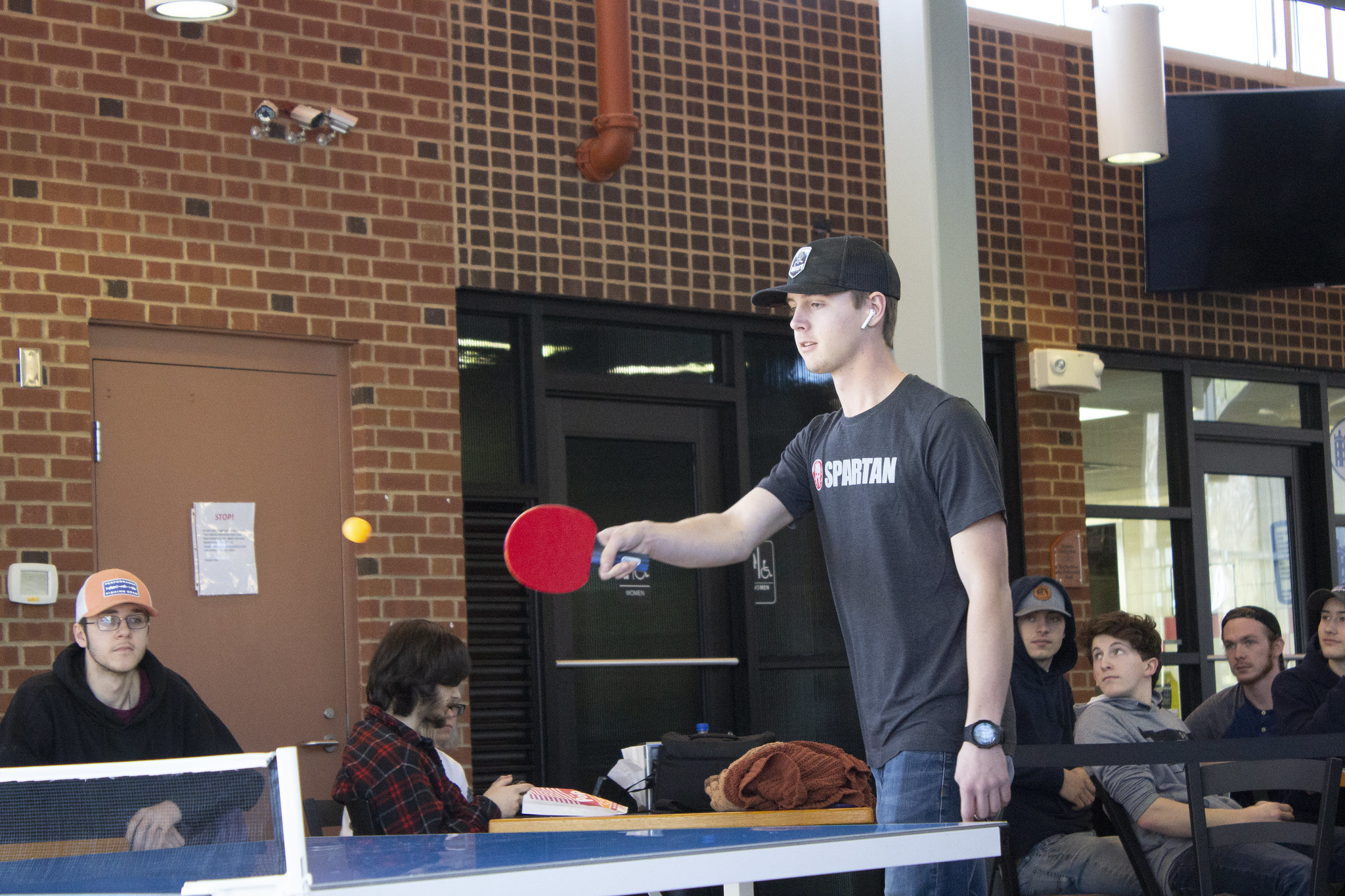Psychological Disability
Colleges and universities are realizing an increase in the number of students diagnosed with psychological disabilities (PD). This is due to the fact that for young adults the age of onset or first episode of PD is generally between the ages of 20 and 35. Thousands of college students each year experience such illnesses in forms of depression, major depression, bi-polar or manic depression, schizophrenia, anxiety, panic attacks, obsessive-compulsive disorders and Dissociative disorders. Each person experiences a psychological disability differently. Many people undergo only a single episode while others endure reoccurring episodes throughout their entire lives.
The National Institute of Mental Health (NIMH) recently reported that one in five Americans (41 million people) experience some form of a psychological disability in any given six month period. With appropriate treatment the vast majority of these disorders are effectively cured or controlled. Treatment combining medication and psychotherapy effectively controls acute symptoms in 80% of individuals living with schizophrenia and phobic disorders, and approximately 90% living with depressive disorders.
Misconceptions and stigmas are pervasive for this disability. The media have fueled society's unconscious fears by portraying persons with mental illness as bizarre, intensely disturbed, or even killers. Contrary to the stigma attached to these illnesses, the majority of people with PD never draw attention to themselves by behaving disruptively.
At those times when a student's symptoms are more persistent or cyclical, "holding it together" becomes extremely difficult. During those times if disciplinary issues occur, the situation must be clarified as either a disciplinary issue or a mental health issue. All students have the responsibility to meet the code of conduct established by the college by adapting their behavior to the educational environment.
Early Warning Signs
Characteristics of students with PD are as unique as the individual. The following early warning signs will be helpful in heightening awareness of faculty and staff and may assist in identifying such students.
- Unable to have a good time
- Feelings of great loss or pain
- Unable to adjust to new situations
- Change in eating habits
- Missing classes for weeks
- Feeling like a complete failure
- Lack of concentration
- Mood changes
- Extreme sadness
- Unable to feel happy
- Sleep pattern change
- Weight loss or gain
- Unable to feel success
- Hopelessness
- Inability to remember
Characteristics
There is great individual variation in the characteristics of individuals with PD. The following functional limitations are not inclusive or exclusive to college students with PD. They may exhibit some, but not all, of the limitations listed below.
COGNITIVE
- Short-term memory difficulty
- Time management problems
- Negative self-talk (fears, failure, panic)
- Self-absorption
- Concentration problems
- Difficulty screening stimuli (problem solving in new environments)
- Distractibility
BEHAVIOR/PHYSICAL
- Impulsiveness
- Repetitive motion
- Pacing
- Difficulty maintaining stamina
- Avoidant behavior
PERCEPTUAL
- Auditory hallucinations
- Visual hallucinations
PSYCHO-SOCIAL
- Lack of affect
- Speech (rambling, halting, weak, or pressured)
- Feelings of fear or anxiety
- Difficulty initiating interpersonal contact
MEDICATION SIDE EFFECTS
- Drowsiness
- Fatigue
- Thirst
- Blurred vision
- Hand tremors
EDUCATIONAL IMPACT
- College students with PD exhibit similar educational difficulties as students with other disabilities. The following represent some areas of difficulty:
- Test-taking
- Concentration
- Class attendance
- Turning assignments in on time (waxing and waning)
- Studying
- Making and keeping appointments
- Problem solving
- Dealing with social situations







